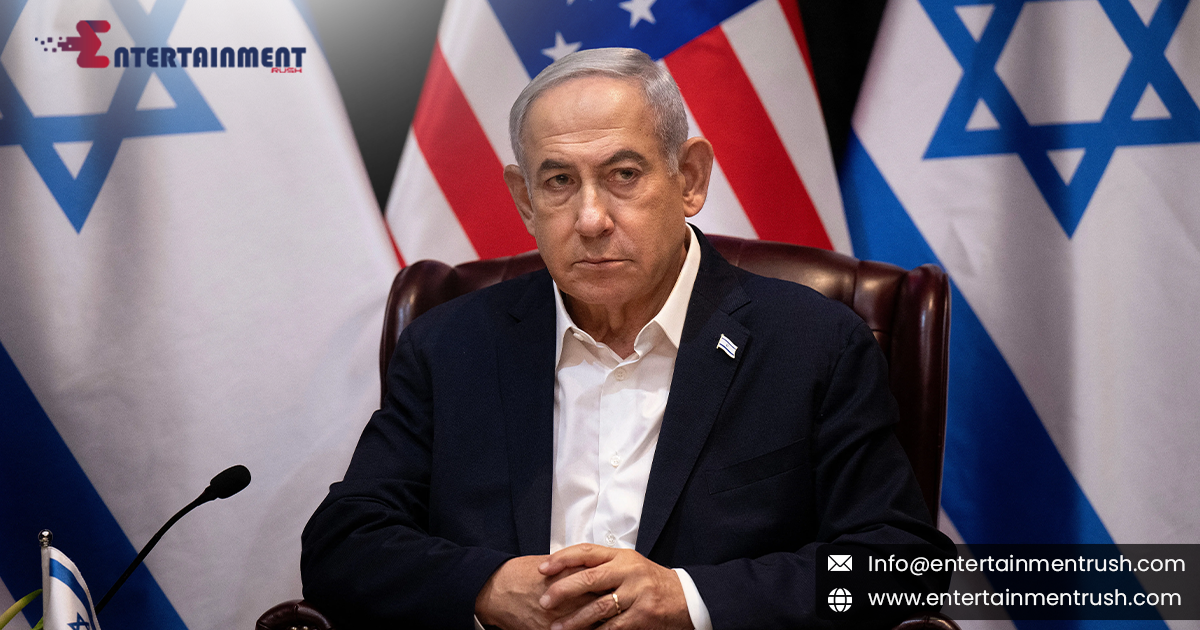In a highly anticipated and politically charged address to Congress, Israeli Prime Minister Benjamin Netanyahu is set to face mounting pressure to address the growing calls for a cease-fire. The international community, alongside significant domestic factions within Israel, has amplified its demand for an end to the escalating conflict. This speech, therefore, is not merely a diplomatic formality but a critical moment that could shape the trajectory of peace efforts in the region. Netanyahu’s response to these calls for a cease-fire will be closely scrutinized, as it carries profound implications for both Israel’s domestic policy and its international relations.
A Backdrop of Heightened Tensions
Netanyahu’s speech comes at a time of heightened tension and conflict in the region. The ongoing hostilities have resulted in significant casualties and destruction, prompting a chorus of voices from around the globe advocating for an immediate cessation of violence. The United Nations, various humanitarian organizations, and numerous world leaders have urged Israel and the conflicting parties to lay down their arms and seek a peaceful resolution. Within Israel, public opinion is increasingly divided, with many citizens weary of the prolonged conflict and eager for a diplomatic solution. Against this backdrop, Netanyahu’s stance and rhetoric in his congressional address will be pivotal.
Balancing Security and Humanitarian Concerns
The Prime Minister’s historical approach to such conflicts has often been characterized by a strong, uncompromising stance. He has consistently emphasized Israel’s right to defend itself against external threats and terrorism. However, this uncompromising approach has drawn criticism from those who believe it exacerbates tensions and hinders the prospects for lasting peace. In his speech to Congress, Netanyahu will need to navigate these complex waters carefully. He must balance his commitment to national security with the urgent need to address humanitarian concerns and the international call for peace. This delicate balancing act will be a key theme of his address.
Reconciling Domestic and International Expectations
One of the central challenges Netanyahu faces is reconciling his domestic political base with the broader international community’s expectations. Many of his supporters advocate for a tough stance against perceived threats, viewing any concession as a sign of weakness. Conversely, the international community, including some of Israel’s staunchest allies, is pressing for immediate de-escalation and a return to negotiations. Netanyahu’s ability to address these conflicting demands will test his political acumen and his capacity to lead during one of the most challenging periods in recent history. His speech will likely reflect his attempts to bridge this divide, offering reassurances to his domestic audience while signaling openness to international diplomatic efforts.
Emphasizing Security and Acknowledging Humanitarian Impact
In his address, Netanyahu is expected to reiterate Israel’s security concerns and the existential threats it faces from hostile actors in the region. He will likely highlight the historical context of the conflict, emphasizing the security challenges that Israel has navigated since its founding. However, the Prime Minister is also expected to acknowledge the humanitarian toll of the conflict. This acknowledgment could serve as a prelude to a more conciliatory tone, potentially opening the door for renewed diplomatic efforts. Netanyahu’s speech could signal a readiness to engage in dialogue, provided that Israel’s security needs are adequately addressed.
Global Reactions and Implications
The international reaction to Netanyahu’s speech will be immediate and varied. Allies and critics alike will parse his words for signs of a shift in policy or new initiatives aimed at peace. The United States, a crucial ally and host of Netanyahu’s address, will play a particularly significant role in interpreting and responding to his remarks. American lawmakers, influenced by both domestic constituencies and broader geopolitical considerations, will weigh Netanyahu’s statements carefully. Their response will help shape the next steps in the international community’s approach to the Israeli-Palestinian conflict.
A Moment of Significant Consequence
Ultimately, Netanyahu’s speech to Congress is more than a routine diplomatic engagement. It is a moment of significant consequence, where words have the power to influence actions and shape future events. The pressure to address cease-fire demands reflects the broader urgency for peace and stability in the region. As Netanyahu steps up to the podium, the world will be watching closely, hopeful that his words will pave the way for a more peaceful and secure future. This speech represents an opportunity for Netanyahu to demonstrate statesmanship and a commitment to finding a path forward that addresses both security concerns and the humanitarian imperative for peace.
